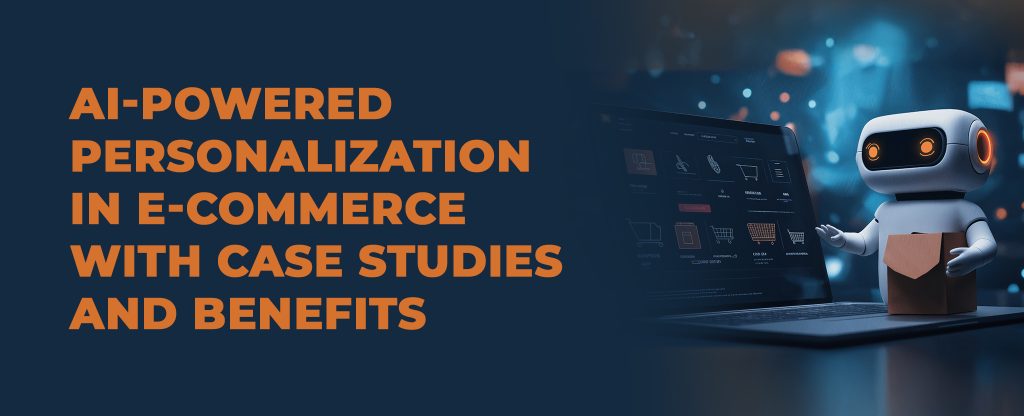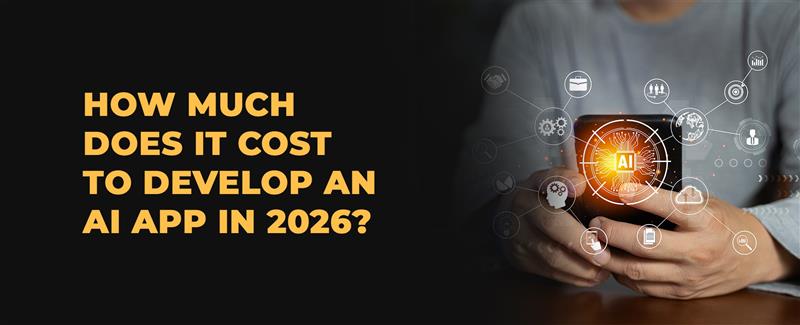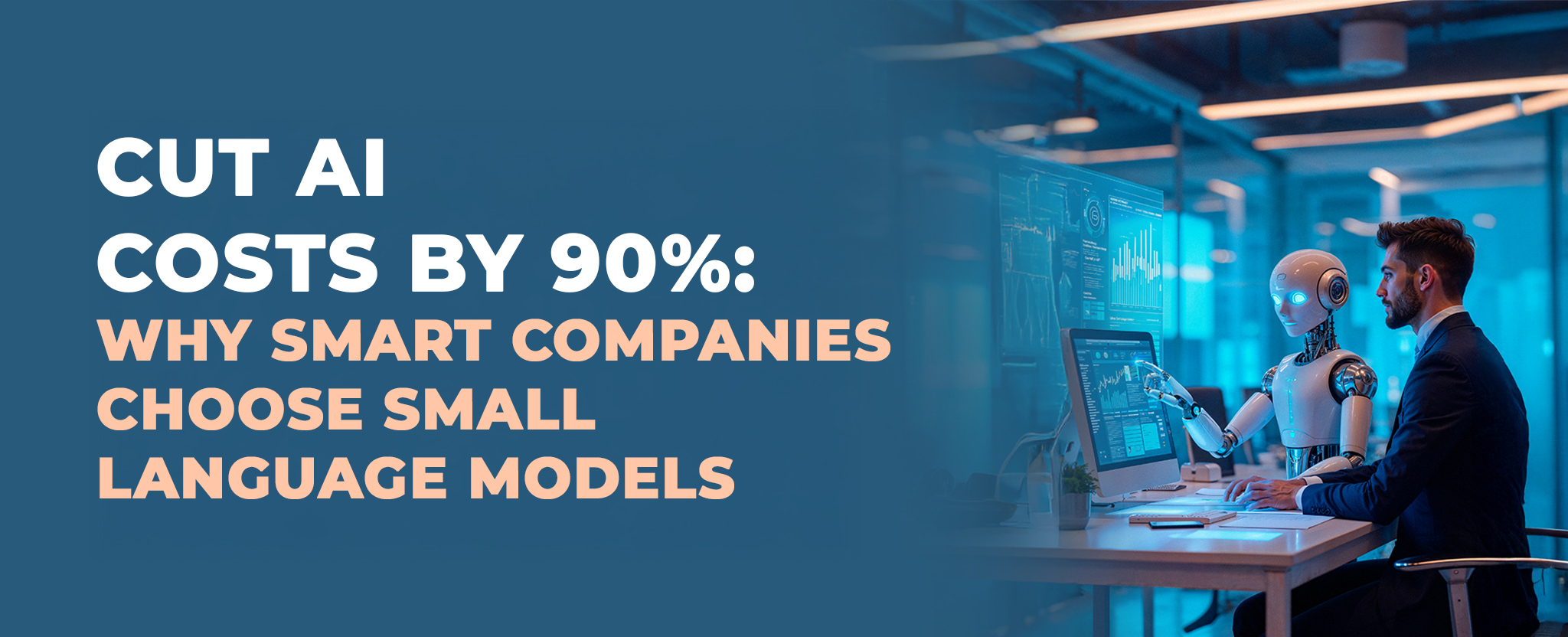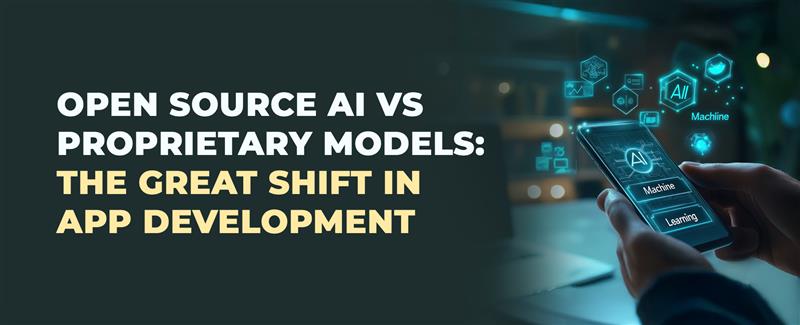AI-Powered Personalization in E-commerce with Case Studies and Benefits
11 Jan 25 


Imagine that walking into an online store that feels like your favorite local boutique—where the shopkeeper knows your style, remembers what you love, and always has the perfect suggestion up their sleeve. That’s exactly what AI-powered personalization brings to e-commerce. Recent data shows businesses embracing this personal touch through AI have seen their sales jump by 20%.
It’s not just technology; it’s about creating those warm, memorable shopping moments that keep customers coming back. We’re all tired of generic shopping experiences. Modern shoppers want to feel special, understood, and valued. That’s why the use of AI for personalization has become a game-changer, it’s becoming the heart and soul of successful online stores.
From Generic to Personalised Experiences
Remember when stores used to lump everyone into broad categories like “women aged 25-35”? Those days are behind us. Today’s shoppers expect brands to understand them as individuals, not statistics. AI steps in like a thoughtful shopping assistant, processing countless data points to create experiences that feel genuinely personal. Whether it’s finding the perfect pair of jeans or suggesting a matching accessory, AI helps create those mind blowing moments that make online shopping delightful.
Think about finding your perfect running shoes. AI considers everything from your previous purchases to local running conditions, making suggestions that feel like they’re coming from a knowledgeable friend rather than a computer.
Inside the AI Toolbox for Personalization
The magic happens through several sophisticated tools:
- Natural Language Processing (NLP): Think of it as AI’s ability to understand human conversation, making chatbots feel more like helpful store associates than robots. Read more
- Machine Learning Algorithms: These are like personal shoppers who get better at understanding your taste with every visit, ensuring recommendations become increasingly spot-on.
- Predictive Analytics: Imagine having a friend who knows exactly when to tell you your favorite items are back in stock or when there’s a deal you’d love. Explore more
For many retailers, partnering with providers of artificial intelligence development services helps integrate these tools into existing systems, creating seamless and scalable personalization experiences.
It’s like having a personal shopping assistant who remembers everything about your preferences and anticipates your needs before you even express them.
Case Studies of AI-Driven Success
Case Study 1: Changing Fashion Retail
Take Zara’s journey with AI, they’ve transformed online shopping into something remarkably personal. By understanding each customer’s unique style journey, they’ve created experiences that feel like shopping with a fashionable friend who really gets your taste. 30% more purchases completed and 25% more returning customers. Plus, they’ve mastered keeping popular items in stock, so you’re rarely disappointed.
Imagine browsing through Zara’s app and finding exactly what you’re looking for without endless scrolling, this is because the AI understands your style preferences as well as your best friend does.
Case Study 2: Amazon’s Personal Touch
Ever wonder how Amazon seems to read your mind?
Their AI recommendation system isn’t just smart—it’s like having a thoughtful friend who remembers every little detail about your shopping habits. By weaving together your past purchases, browsing patterns, and even those items you’ve wishfully added to your cart, Amazon creates a shopping experience that feels remarkably intuitive. The proof is in the numbers: in 2022, these personalized touches generated 35% of their total revenue.
Imagine that you thought of buying a camera, and Amazon gently suggests the perfect tripod or memory card to go with it. It’s like having a knowledgeable photography buddy who knows exactly what you need to complete your setup.
Case Study 3: Sephora’s Beauty Assistant
Sephora took beauty shopping to the next level with their AI beauty assistant—imagine having a makeup artist in your pocket! By sharing your skin type, tone, and preferences, you get personalized product recommendations that feel like they’re coming from someone who truly understands your beauty needs. The cherry on top? Their virtual try-on feature lets you experiment with different looks from the comfort of your couch.
The results are stunning: online sales jumped 20%, and customers are more engaged than ever. It’s proof that when AI makes shopping both convenient and fun, everyone wins.
You may find interesting How AI-Powered Product Recommendations Drive Conversions in Niche Markets
Beyond Benefits: The ROI of Personalization
When it comes to returns on investment, AI personalization delivers impressive results:
- Revenue Growth: Just like a skilled salesperson, personalized experiences encourage shoppers to spend more and come back often. Those “you might also like” suggestions? They’re surprisingly good at inspiring spontaneous purchases.
- Customer Loyalty: Think of it as digital hospitality—when customers feel understood, they stick around. Smart loyalty programs strengthen these connections even further.
- Smoother Operations: AI handles routine tasks like a pro, making everything from email marketing to inventory management more efficient and precise.
Also the personalized emails see 29% higher open rates than generic ones. Plus, those smart product recommendations help predict what customers want before they even know they want it.
Navigating Roadblocks with AI
Like any transformative technology, AI personalization faces some hurdles:
- Privacy Matters: Customers naturally worry about their data. Clear policies and robust security help build trust, while giving shoppers control over their information.
- Investment Challenges: While AI can be costly upfront, starting small with scalable solutions helps manage expenses while seeing early wins.
- Technical Complexity: Merging AI with existing systems takes work. Having experienced partners and well-trained teams makes the journey smoother.
Smart businesses overcome these challenges by embracing ethical AI practices and cloud solutions, keeping customer satisfaction at the forefront.
The Next Phase of Personalization
The future of AI-powered personalization lies in:
- Hyper-Personalization: Imagine walking into a store where everything is tailored to your preferences. That’s the power of real-time data—like when your grocery app suggests a soup recipe on a rainy day based on your past purchases and available ingredients.
- AI-Driven Storytelling: AI-driven personalization ensures that your fitness app recognizes your consistent morning runs and offers a tailored training plan to help you reach your goals.
- Autonomous Shopping: Autonomous shopping takes convenience a step further, automatically reminding you to reorder coffee beans or renew your yoga subscription before you even realize the need.
These innovations transform online shopping from a simple click-and-buy into something that feels genuinely personal and thoughtful.
Also read Generative AI in e commerce: Use cases and implementation
Take The First Step Into AI Solutions Today
The world of e-commerce is changing, and AI personalization is leading this exciting shift. For businesses, this isn’t just about keeping up—it’s about creating meaningful connections with customers. Take that first step into AI solutions today; your customers will thank you with their loyalty.
Don’t wait to make shopping more human—start your AI journey now.
- Agentic AI1
- Android Development3
- Artificial Intelligence37
- Autopay1
- Classified App3
- Custom App Development5
- Digital Transformation12
- Doctor Appointment Booking App14
- Dropshipping1
- Ecommerce Apps40
- Education Apps2
- Fintech-Apps38
- Fitness App4
- Flutter4
- Flutter Apps20
- Food Delivery App5
- Grocery App Development1
- Grocery Apps3
- Health Care10
- IoT2
- Loyalty Programs11
- Matrimony Apps1
- Microsoft1
- Mobile App Maintenance2
- Mobile Apps131
- On Demand Marketplace1
- Product Engineering6
- Progressive Web Apps1
- React Native Apps2
- Saas Application2
- Shopify9
- Software Development3
- Taxi Booking Apps7
- Truck Booking App5
- UI UX Design8
- Uncategorized7
- Web App Development1



















Comments